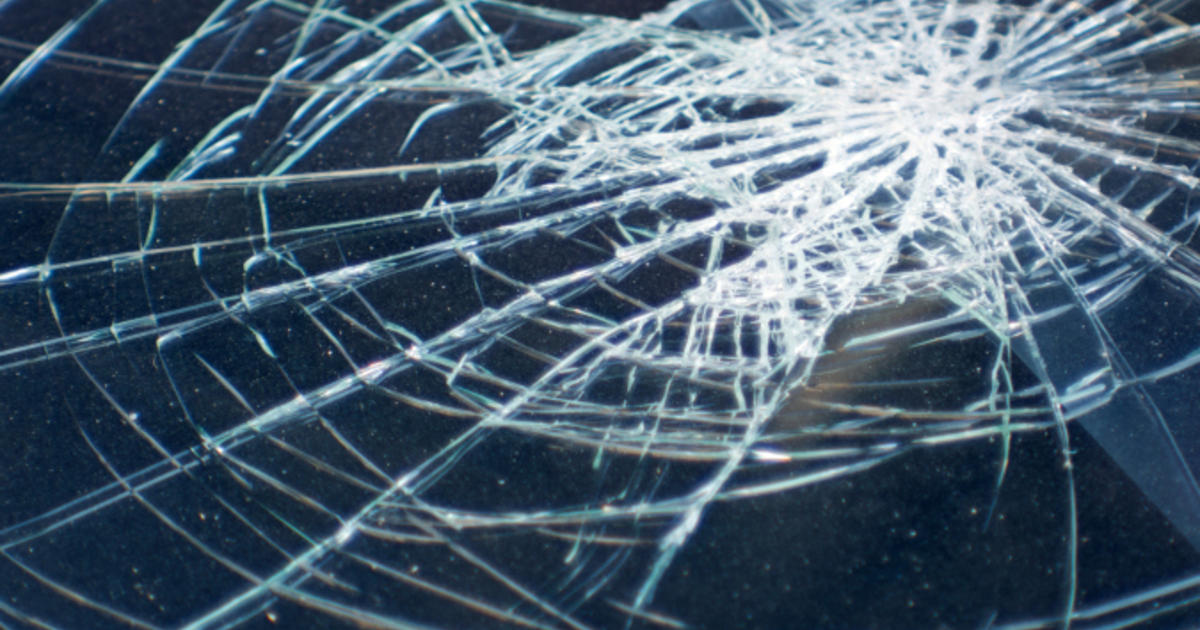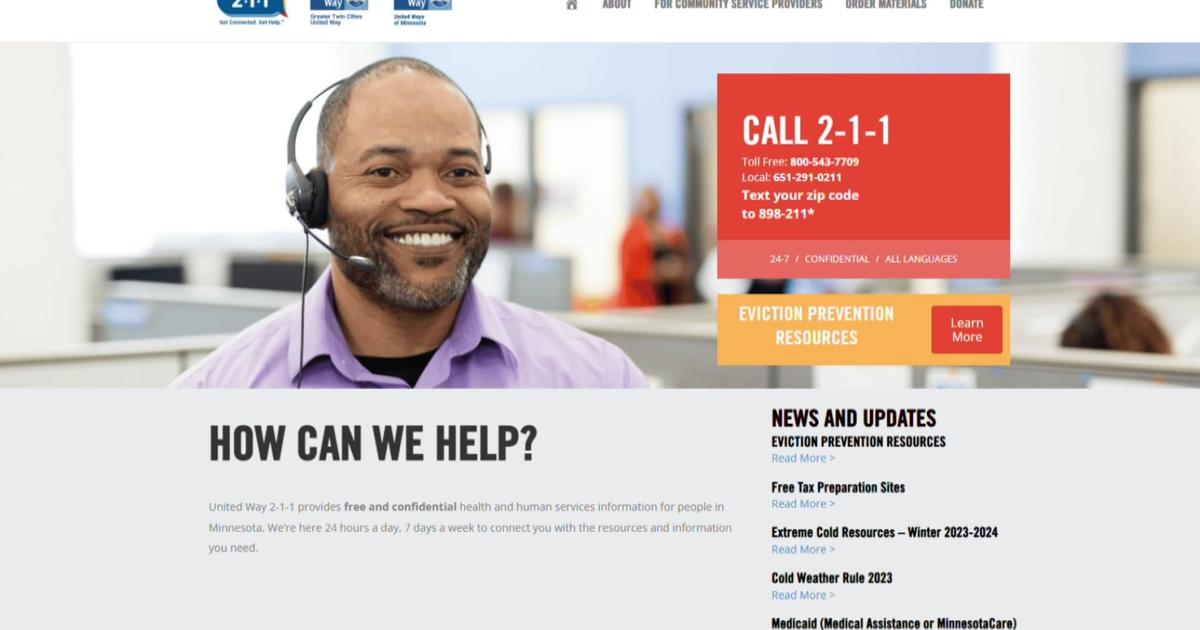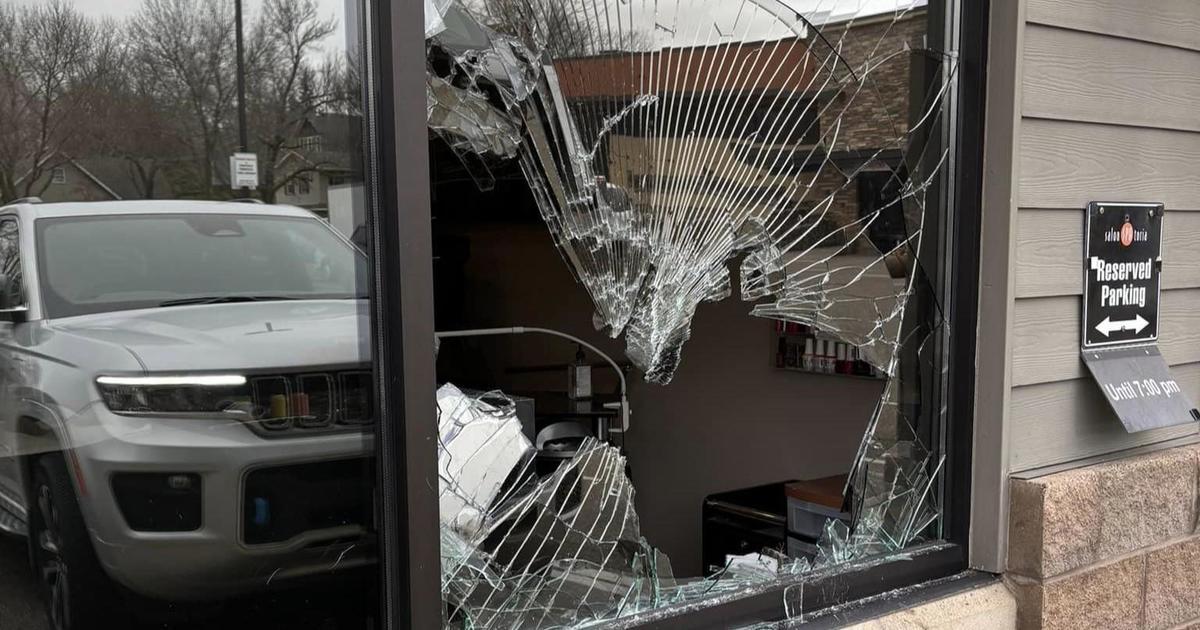'Scanner Nut': A Patient Listener Waits For Breaking News
If you earn your paycheck in the Twin Cities news business pursuing fatal crashes, cornered gunmen, chemical leaks, fires, explosions and other forms of unplanned mayhem -- then you'll recognize the voice (blunt, throaty, brief) of a 56-year-old, semi-retired tow truck driver named Todd Carnis.
"I'm a scanner nut," Carnis says. "There are a lot of people out there who go nuts over police scanners, and I guess I'm one of them."
Carnis spends his days listening to metro area emergency radio transmissions.
He listens while he's cooking dinner, and he listens while he's watching TV. He listens as he drives to Sam's Club, and he listens while he stocks shelves part-time at a tobacco store. He listens before you wake up, and he listens after you go to sleep. Carnis listens to scanners, he estimates, 21 hours in every 24.
He has three scanners in his home and three more in his car; identical models set to different police, fire and medical frequencies. When he's out walking, he sometimes stashes a smaller scanner in his pocket. He can assemble a makeshift antenna by twining stereo wire up a tree.
His favorite place to listen is in the mobile home he shares with his wife, Mary.
"I'm in one bedroom, she's in another, and she listens to religious programs alllll the time," he says, taking a breath: "We're very happy."
Most of the time, scanner chatter is boring: stretches of empty static broken by false alarms. The scanner community has a saying about two ears, one mouth and the need to "listen, listen, listen." Carnis is as patient as a gold panner, sifting through an endless stream of speeding tickets and ran stop signs, waiting for a score.
"Ninety percent of fire calls are EMS calls -- you know, hypochondriacs," he says. "But when a fire comes on, I go into battle mode and start notifying news outlets."
Battle Mode
One Saturday morning in July of 2011, Chris Steller, then editor of Fridley Patch, was sipping his coffee, and listening, on quarter-alert, to scanner channels on his laptop.
Steller had heard something about a Rice Creek "water event" but thought little of it.
Scanner chatter comes with no preamble or context. Judging the magnitude of an incident often relies on guesswork. A water event could mean a training drill or a reckless swimmer or a beach party or nothing at all. The trick is to notice when ambiguous chatter turns urgent.
The term "water event" struck Carnis as uncommon, a phrase you didn't often hear, so he gave Steller a call.
The percentage of scanner tips that translate into reportable stories is low -- and it was Steller's day off -- but he trusted Carnis's intuition.
"Once you've had some success from a scanner story, it's very hard to dismiss scanner tips out of hand," Steller said. "I listened to scanners myself enough to get a feel for it, but if you listened as much as he did, you'd really pick up on tones of voice and other clues."
Steller didn't regret his trip to Locke Lake, a dammed up fishing spot on Rice Creek. A freight train had derailed, damaging a bridge, spilling corn and diesel fuel into the water, and tangling 17 cars and two locomotives into a twisted mass of metal wreckage. Carnis's tip was worth the drive.
After the derailment, Steller said, "I was kind of devoted to him."
(I worked with Steller at Patch and, in November 2013, Carnis woke me with the news of a rescue underway in a St. Louis Park holding pond.)
Legal Listening
Scanner nuts often obtain their first thrills through illicit youthful experiments and a genial disregard of certain FCC regulations.
When Carnis first started fooling around with scanners in the '70s and '80s, he'd frequently ignore rules forbidding amateurs from tuning in while driving. But after police pulled him over, confiscated his radio and slapped him with a $900 fine, he grew more careful.
"We would put police scanners in the trunk of our cars in a locked toolbox bolted through the floor and connected to a speaker up front operated by a toggle switch," he said.
Today, Carnis no longer plays games of camouflage with the law.
While driving a Salvation Army canteen truck five years ago, he earned a Technician Class ham radio license that legalizes mobile listening. And he has covered his home in a dense network of antennae permitted through a grandfather clause.
For Love Or Money
The scanner avocation can be costly.
Scanners capable of receiving digital signals from emergency departments cost upward of $400. Carnis's prize device -- an 11-meter Citizens Band radio he uses to communicate with other hobbyists -- set him back $550. He purchases new scanners at Fleet Farm for about $100; he'll scrounge for old ones at pawn shops. (He also uses scanner websites, like RadioReference.com, despite the inferior audio quality and elevated bandwidth consumption.)
Carnis's relationships with media outlets pay little. One local television station will give him $12.50 for a useful tip. And until 2013, Patch would send him a few dollars a month. He sees the money as a small supplement to his veteran's benefits and the odd water and sewer repair jobs he'll do for neighbors.
"There's not much you can do when you're low on income," Carnis says.
But Carnis is captive to the adrenaline rush of sharing juicy chatter and, paid or not, when a five-alarm fire lights up Carnis's scanner, he's overcome by an impulse to share the news, to "go into battle mode."
In the newsrooms of the Pioneer Press, the Star Tribune and the four metro television stations, a telephone will ring.
"This is Todd Carnis."
By Zac Farber



